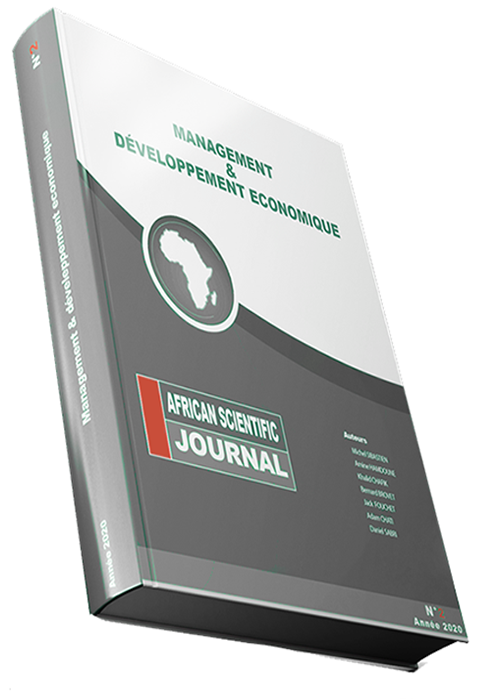Drivers of Structural Transformation in Morocco: The Role of Capital, Human Capital, and Institutional Quality
DOI:
https://doi.org/10.5281/zenodo.16754072Abstract
Abstract:
This paper examines the factors driving structural transformation in Morocco, focusing on gross fixed capital formation (GFCF), human capital, trade openness, and institutional quality. Using a VAR model, we analyze their impacts on manufacturing value added as a percentage of GDP and explore the dynamic interactions through impulse response functions. Findings highlight GFCF and institutional quality as critical contributors to manufacturing productivity, while human capital shows a nuanced impact, suggesting the need for tailored policy interventions. The study underscores the significance of robust investment, trade policies, and institutional frameworks to support Morocco's sustainable economic development and structural change.
Keywords: Structural Transformation, Manufacturing Value Added, Institutional Quality, Human Capital, Trade Openness, Morocco
Downloads
Published
How to Cite
Issue
Section
License
Copyright (c) 2025 African Scientific Journal

This work is licensed under a Creative Commons Attribution-NonCommercial-NoDerivatives 4.0 International License.





















